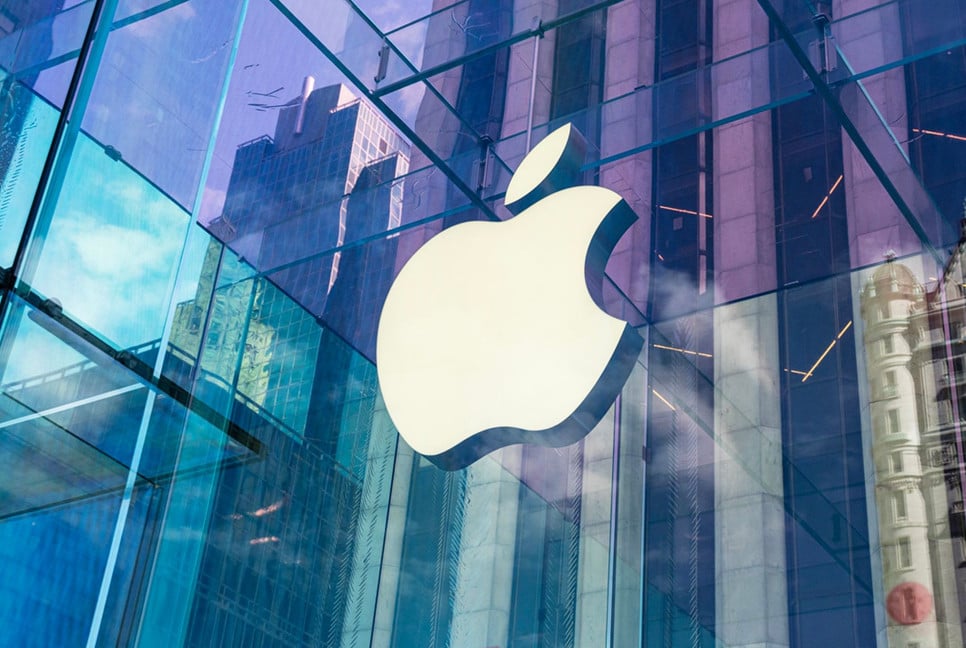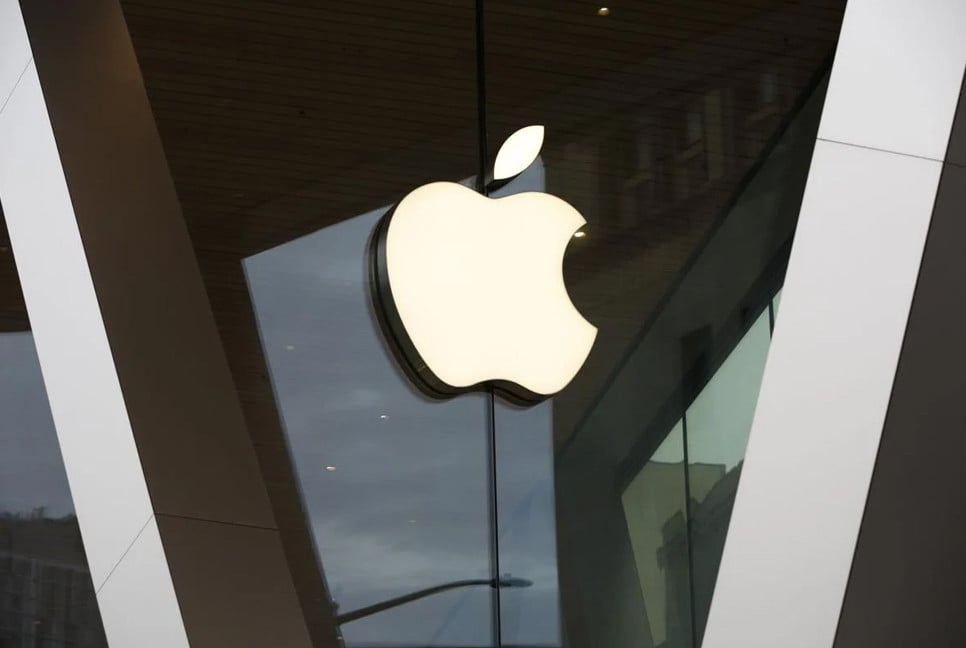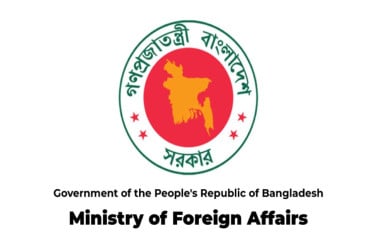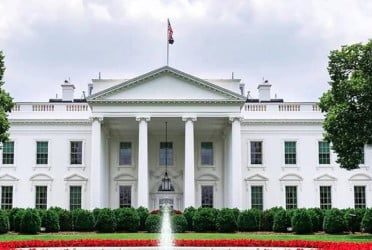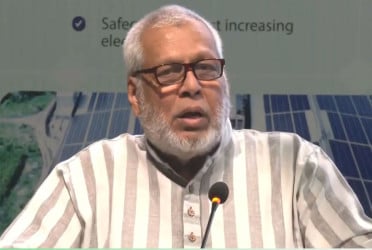The Federal Trade Commission (FTC) is investigating Microsoft for potential anticompetitive practices, with a focus on the cloud market. Lina Khan, the FTC chair, confirmed that the agency is looking into whether Microsoft's actions may have unfairly impacted competition, including practices aimed at the U.S. government itself.
A recent ProPublica report revealed that Microsoft’s dealings with the government could fall into questionable antitrust territory. In 2021, shortly after the SolarWinds cyberattack exposed vulnerabilities in several government agencies, Microsoft offered the government a $150 billion deal to upgrade its digital security infrastructure over five years. The deal, however, raised concerns due to its unusual terms and lack of competitive bidding.
Under the agreement, Microsoft offered the government free access to its G5 security capabilities for the first year, along with consultants to help implement the product. However, once an agency committed to Microsoft's services, it became difficult and costly to switch to a competitor. Microsoft imposed significant fees on agencies seeking to transition to alternative cloud providers, which some claim was designed to increase Azure’s market share and outcompete Amazon’s AWS. A Microsoft sales representative even told ProPublica that this strategy was intended to "spin the meter" for Azure.
Legal experts are divided on the implications of the deal. Some view it as a potential violation of antitrust laws, particularly the prohibition against gratuitous service agreements, which allow the government to receive services at no cost from various vendors. Legal expert James Nagle argued that this deal was far from gratuitous and appeared to serve Microsoft’s business interests rather than purely the government's needs.
On the other hand, some analysts argue that the federal government shares the responsibility. Peter Cohan, an associate professor at Babson College, told Business Insider that the contract did not constitute an illegal monopoly since the government could have chosen a different vendor. He also suggested that the government should have opened the cybersecurity contract to competitive bidding, potentially leading to more affordable alternatives.
Microsoft has not yet responded to requests for comment, but Steve Faehl, the company’s leader for federal business, defended the deal in a statement to ProPublica, stating that Microsoft's primary objective was to help secure federal agencies against escalating cyber threats.
As the FTC’s investigation continues, the scrutiny over Microsoft’s practices and the federal government's contracting processes is likely to intensify.
Source: Business Insider
Bd-pratidin English/ Jisan

